For all the new ways of teaching and learning,...
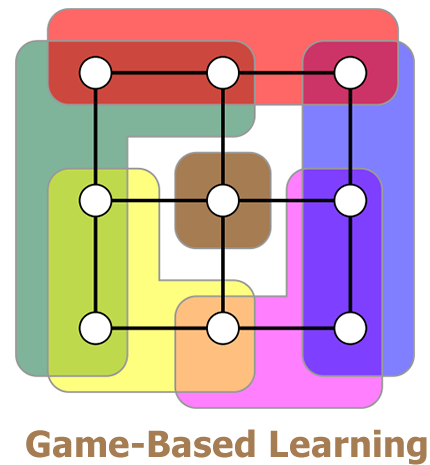
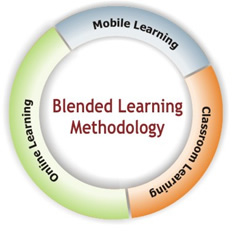
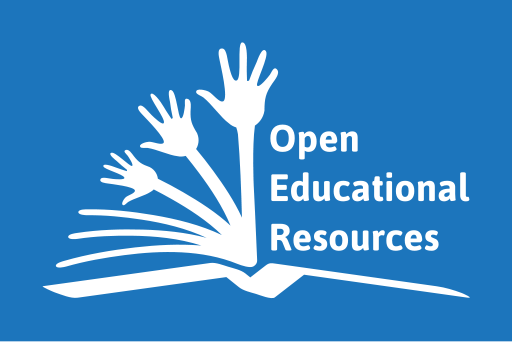
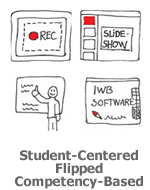





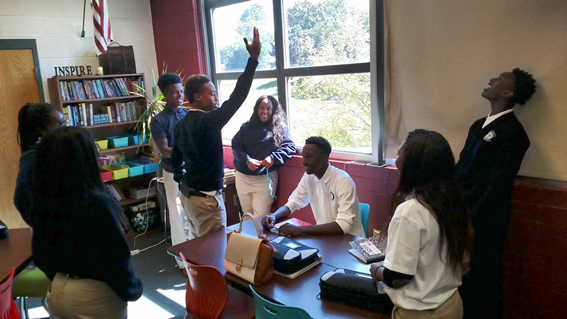

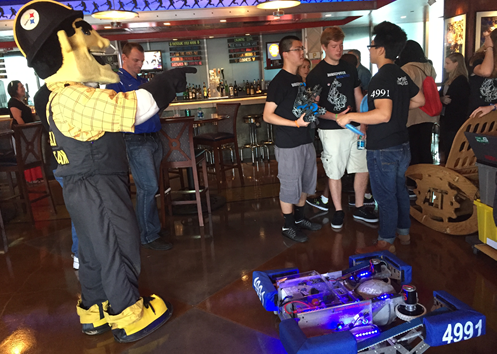
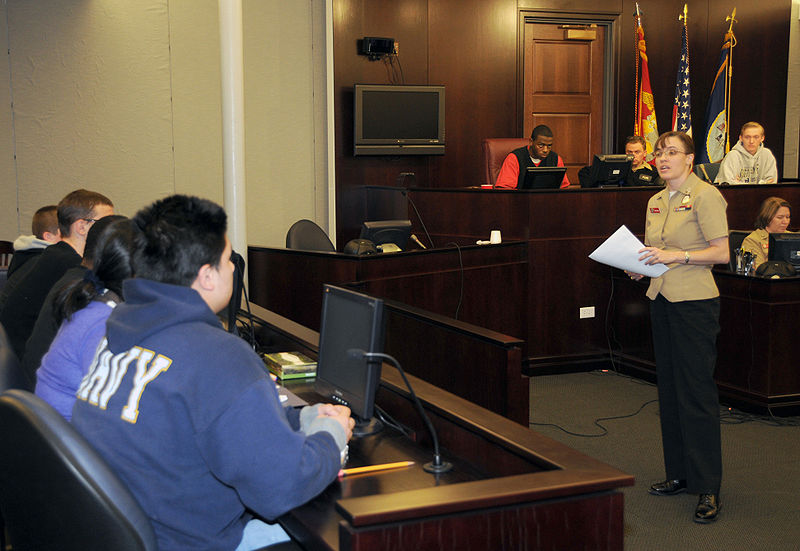
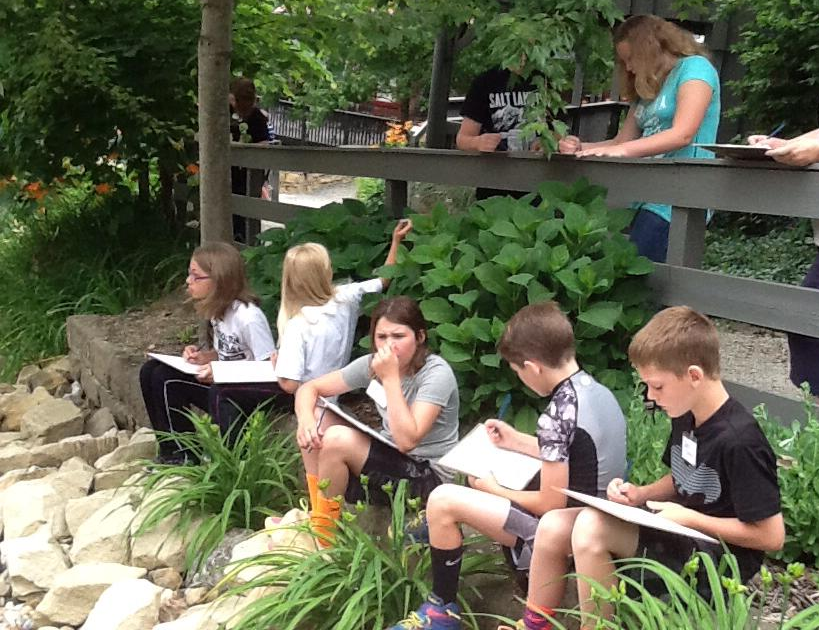
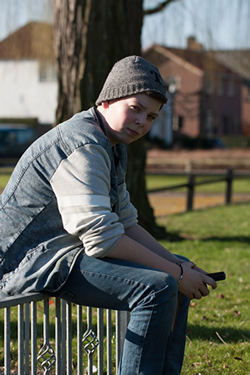
John King, U.S. Secretary of Education
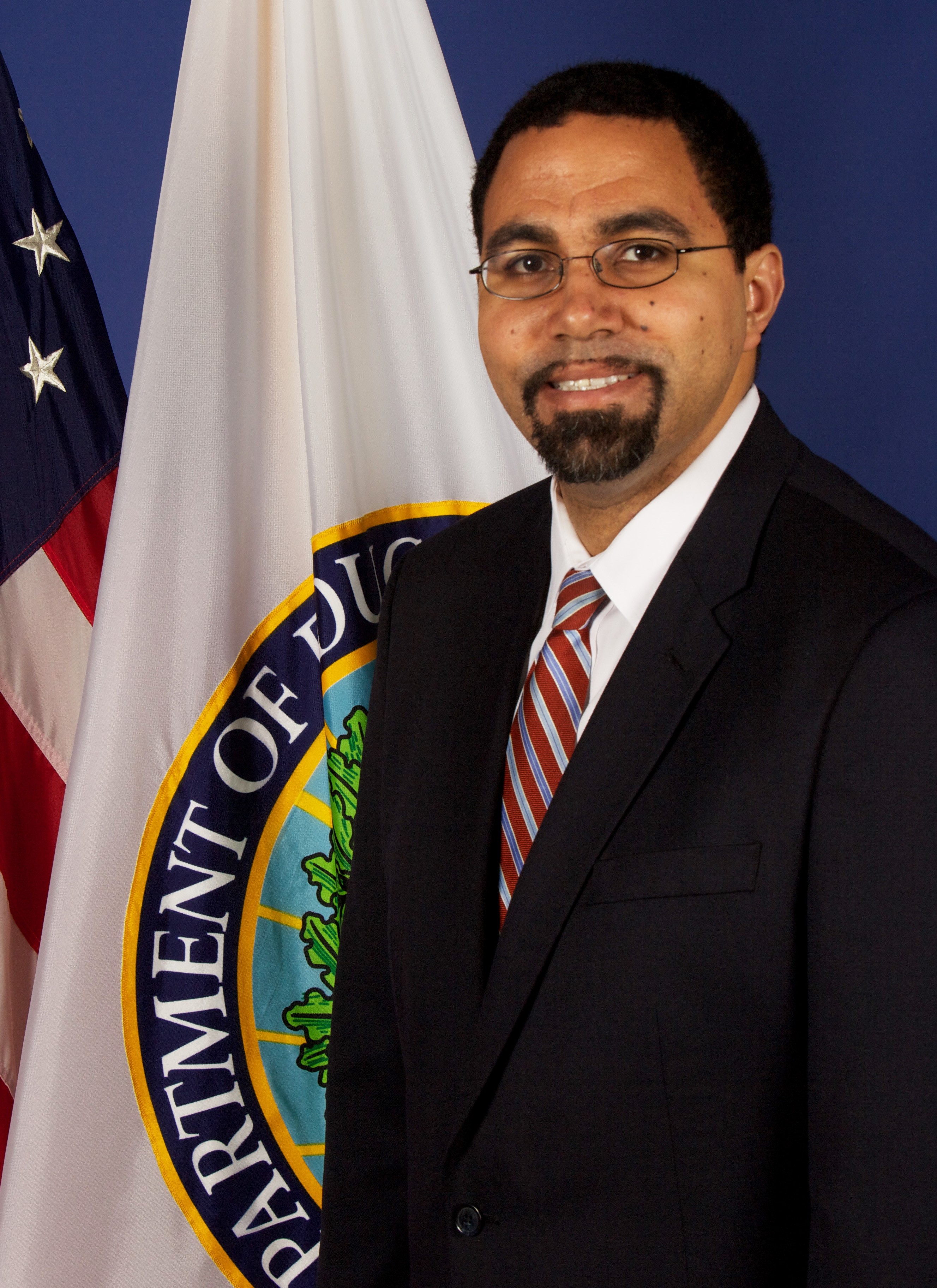
"... I started off as a high school social studies teacher. I can recall when I was teaching in Boston, a particular student named Ricardo. I guarantee you every teacher in the room has had a student like Ricardo—brilliant, fascinating, barely skating by in the class—struggling just to meet the minimum threshold of performance. But Ricardo changed when we studied a particular period in social studies. We were studying the Great Migration and the Harlem Renaissance and Ricardo found inspiration in the study of that period. And he started working on a paper about Marcus Garvey and he got so passionate about what he wanted to say about Marcus Garvey. He was so clear about exactly what he wanted to communicate. He did six or seven drafts of that paper—just trying to refine the paper. To make sure he got the argument right. And as he was working on that paper he explained to me how that experience and that unit had changed his perspective about being a student. That he now wished when he was in 9th grade that he understood what he now realized as an 11th grader about what it takes to be successful as a student. Unlocking his passion about that period, giving him a real sense of ownership about what he was learning inspired him to change his approach to school.
More
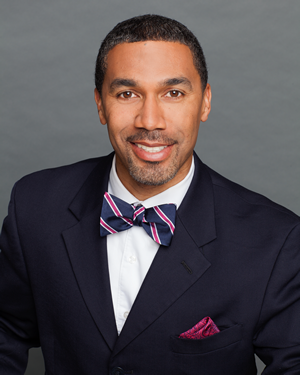
As we grapple with how to catch up to the changing times that occur in every industry outside of our own, we must consider the messy, irregular, and nonlinear learning process and embrace strategies that empower students to demonstrate their learning in meaningful ways.
Time, space, and location are now variables in the learning process whereas they used to be constants.
How will you get involved in that process?
We must...create interdisciplinary courses that provide students the opportunity to apply content in meaningful ways.
Gen Z takes in thousands of digital images and messages a day, so to make learning more relevant to them, we must not only incorporate all forms of multimedia, but empower students to create and integrate multimedia to demonstrate their learning.
Author Daniel Pink sums this up:
“In so many ways, learning is a fundamentally social act. From circle time in kindergarten, to study groups in college, to team projects in the workforce, sociability has always greased the gears of learning.”Full piece
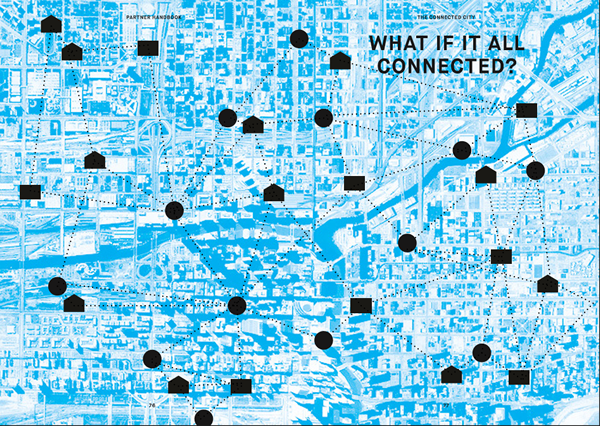
Teens need far more learning options
to compete in a changing world.
The learning day can be made so much more efficient
for nearly all teens
Teachers need our help
to offer non-linear, connected learning
that mirrors the modern connected age.
Sign the "Many Paths" Manifesto

 Great Lakes Bio exemplifies professionals in a budding sector who want to invite young people toward their work.
Great Lakes Bio exemplifies professionals in a budding sector who want to invite young people toward their work.
 The BioMimicry Research and Innvovation Center at the University of Akron is unique in the world.
The BioMimicry Research and Innvovation Center at the University of Akron is unique in the world.
"The Connect" from LRNG.